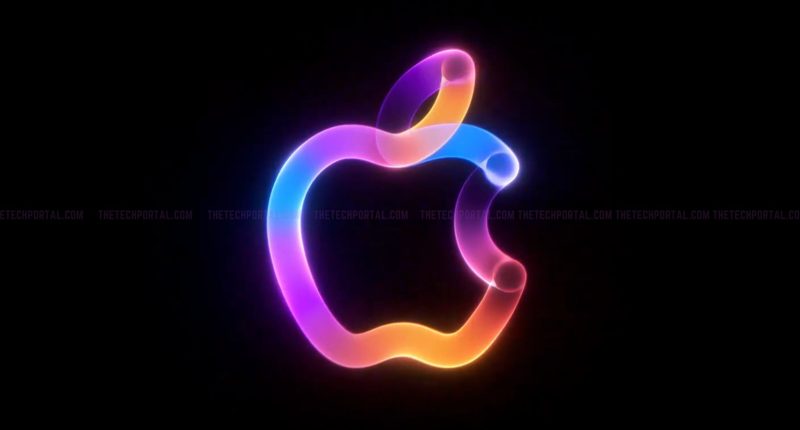Apple is reportedly preparing to launch a new AI-powered battery management system with iOS 19. The new feature is designed to adjust power consumption intelligently, reports Bloomberg. It will learn from each user’s habits, resulting in potential extension of battery life, though this remains untested.
Battery die-down has been an issue with Apple’s latest devices for some time now. And even though the company claims slightly higher battery life in its newest devices, they still do not perform well when compared with flagships from other smartphone makers. Apple’s upcoming iPhone 17 is expected to be the centerpiece for the debut of a new AI-powered battery management system. As the slimmest iPhone yet, the iPhone 17 will likely feature a smaller battery, making intelligent energy conservation essential. This AI-driven approach ensures that the device operates efficiently without compromising user experience.
The report also suggests that while the feature is being introduced with the iPhone 17 in mind, the same advanced battery management system will be available to all iPhones that support iOS 19.
With this feature, the iPhone maker seems to be mirroring Google’s Adaptive Battery capabilities on Android. As per the report, Apple’s system will analyse usage patterns to predict and manage power draw from specific applications and features. For example, it might reduce background activity for apps that are infrequently used or adjust settings to conserve energy during periods of low activity.
The move also signals a shift from Apple’s earlier battery tools like ‘Optimized Battery Charging’ and the ‘Battery Health’ menu, which offered static, generalized solutions. In contrast, the new AI system will continuously learn from each user’s behaviour. Whether a device is used heavily for gaming or lightly for messaging and calls, the iPhone will adapt in real time to extend battery life while maintaining smooth performance.
In addition to the AI-driven optimizations, iOS 19 will reportedly feature a new lock screen indicator that provides users with an estimated time to reach a full charge. This enhancement offers greater transparency and helps users plan their charging routines more effectively. These new upgrades (with iOS 19) are expected to be unveiled at the Worldwide Developers Conference (WWDC 2025) in June, with a public release scheduled for September.
These new efforts in the AI domain from Apple become notable since, despite its heavy investments and ongoing efforts, the company is facing several challenges in advancing its AI initiatives. In 2025, the company encountered internal resource constraints, resulting in delays in launching its Apple Intelligence features and a revamped Siri. Budget cuts and reliance on outdated GPUs further contributed to these setbacks.
Additionally, the firm faced legal scrutiny over the delayed release of some Apple Intelligence features, with a federal lawsuit filed alleging false advertising and unfair competition. The suit claimed that the company’s marketing campaign misled consumers into purchasing new phones based on features that were not yet available.
The Tech Portal is published by Blue Box Media Private Limited. Our investors have no influence over our reporting. Read our full Ownership and Funding Disclosure →






